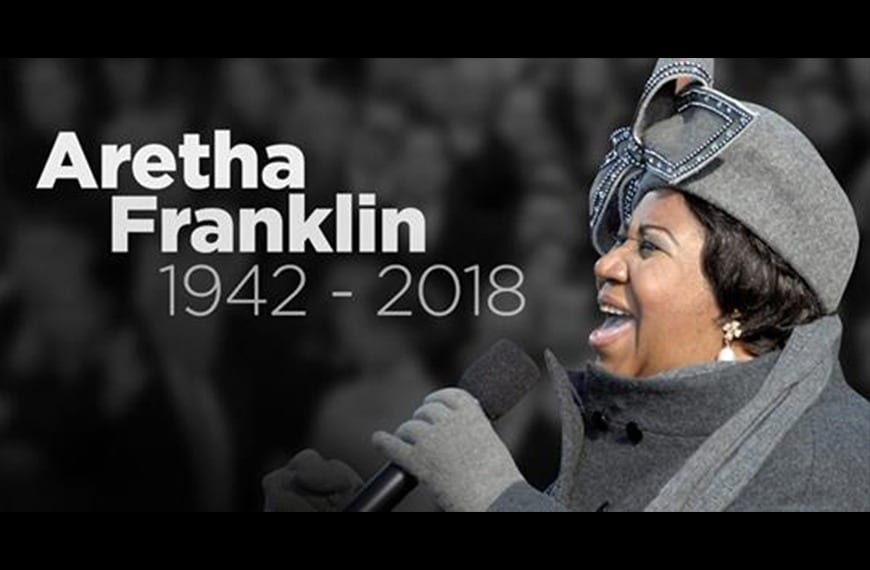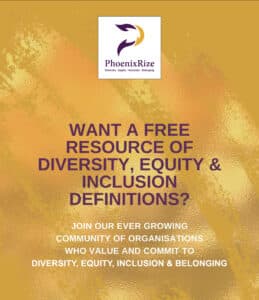Aretha Franklin Got it Right – It’s All About R-E-S-P-E-C-T
Last month saw the passing of one of the greatest musical legends of all time, Aretha Franklin. When an artist as treasured as she passes away, it’s a good idea to look at what we learned from their time on this earth. And so, this month, I want to talk about that ‘old-fashioned’ word respect.
Although the original song was written and recorded by Otis Redding in 1965, two years later, when Franklin got her hands on it she made it her own, subsequently creating the version which most people are familiar with to this day.
So, what has all this got to do with diversity and inclusion? In many ways, the advice to treat others as you would like to be treated is a good idea. However, when two people are coming from different standpoints, the way that we would like to be treated is not necessarily the way someone else would like to be.
Redding’s original version of Respect sings of his desire for some respect from his lady friend when he comes home from work in the evening. He mentions that he is going to give her all of his money, but he wants to be shown some respect. Franklin’s version is a response to Redding’s. She demands respect when he comes home, mentions the fact that she has her own money which is just as sweet as his kisses and makes it clear that if she doesn’t get the respect she deserves, one day he might arrive home to find that she is gone.
Yes, the demands made here are similar – but they are not exactly the same. The respect that he would like is not the same as she would like. This is a fundamental point when it comes to creating diverse workforces that are best placed to thrive.
When we use the ‘treat people as you would like to be treated’ model for inclusion it works, but only to a point. Yes, we are all human and we share some common needs – for food, sleep and companionship, amongst others. But, surely as businesses, we want to cater to our employee’s needs in more than a basic way.
Once we move beyond these basic needs, our life experience determines how we would like to be treated. This includes our cultural background. When we, as an organisation, think of how we ourselves want to be treated this puts us at the centre of the situation instead of the person themselves. An organisation dominated by those in a power position does not do the minority members of staff any favours by thinking only of themselves when trying to create an inclusive environment.
Empathy involves putting yourself in the other person’s shoes, not putting them in yours. The crucial line in Franklin’s version of the song is ‘R-E-S-P-E-C-T, find out what it means to me’. This explains the concept perfectly. We need to be willing to discover what other people’s version of respect looks like in order to be able to deliver that. Otherwise, all our efforts to create a diverse, inclusive, welcoming environment go to waste in creating a place that is more welcoming and inclusive to people ‘like us’.
Generally, when organisations, and the people who populate them try to create a diverse and inclusive work environment, it is both from a desire to do better and be better for everyone involved. But it is not always as easy as it at first appears.
How to overcome this? Open dialogue is key. It can be uncomfortable to make yourself vulnerable by asking where you are going wrong with your diversity and inclusion programme, but by doing so and asking for feedback from the people in your organisation you can find out what respect looks like to them – and then set about delivering that.
We know only too well that a one-size fits all approach does not work in business when it comes to our people. Therefore, to develop the best model for diversity and inclusion, we need to slow down and devise the best model for our organisation and our people. Yes, it might be a little more time consuming to do it this way. But doing things right always is, yet it will always deliver superior results than a half-hearted attempt.
Just a little bit of respect can go a long, long way.


